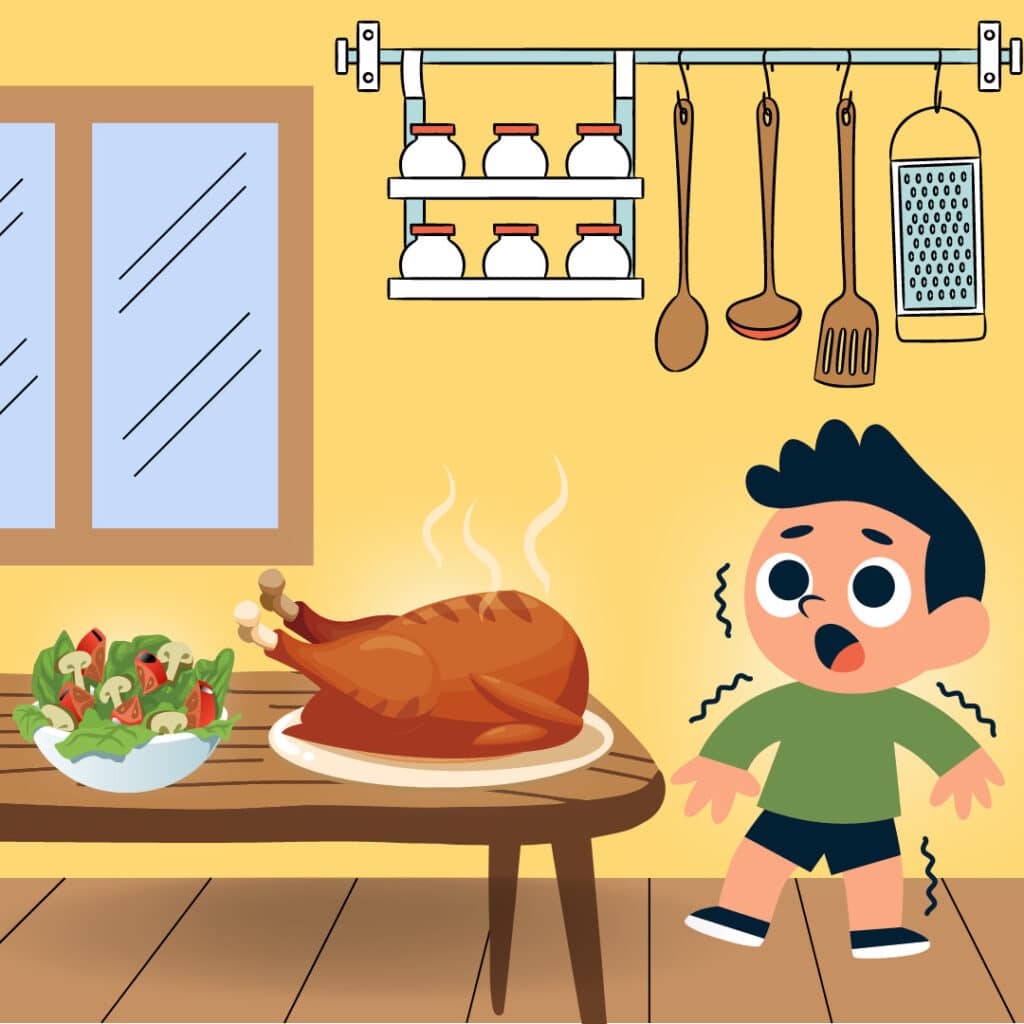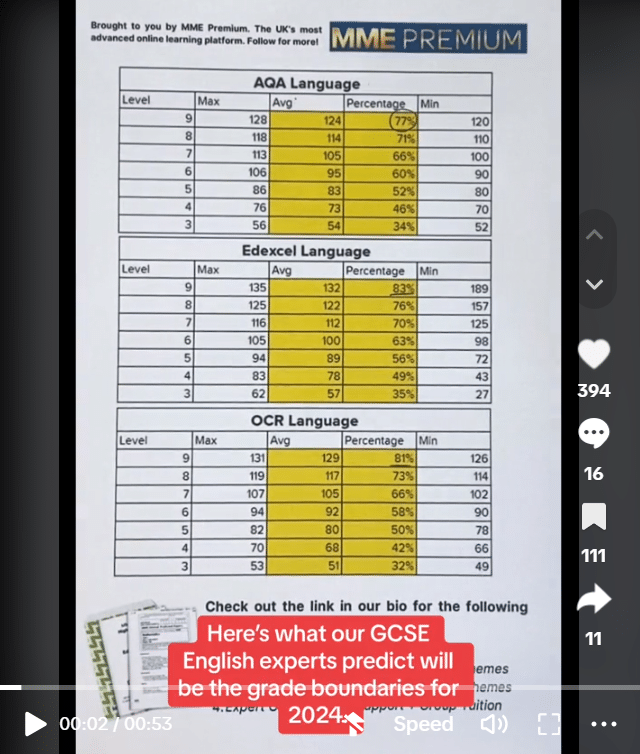Writing: Checking for Punctuation
Writing: Checking for Punctuation Revision
Why is Punctuation Important?
Punctuation makes writing clearer and stops a lack of clarity from impacting your grade.
Using punctuation correctly also shows your technical skills to the examiner, so let’s have a look at some examples…
Common Punctuation Mistakes

Misused commas
A common punctuation error is misusing, or not using commas within a sentence.
Commas can change the meaning of the entire sentence, so it’s important to look out for this in your work!
For example:
Let’s eat Richard – a worrying prospect for poor Richard.
Let’s eat, Richard – an offer for a meal instead!
Comma splicing
Joining two independent clauses with a comma, instead of making them separate sentences.
For example:
‘The sky was clear, we thought it wouldn’t rain’.
Here, ‘The sky was clear’ and ‘we thought it wouldn’t rain’ are both independent clauses, so the sentences make sense on their own.
The correct punctuation would therefore be ‘The sky was clear. We thought it wouldn’t rain‘.
Incorrect apostrophes
People often struggle when deciding whether to use apostrophes for possession and contraction, so for the exam it’s important to know the difference.

Possession:
This kind of apostrophe is usually found at the end of nouns to indicate that something belongs to that noun.
A general rule of thumb: most singular nouns use an apostrophe and an ‘s’, and for most plural nouns you only need to add an apostrophe.
For example:
“Mark’s paper was submitted on time.”
“The stars’ light shone down.”
Contractions:
This is where the apostrophe indicates a missing letter.
Contractions are typically used in informal writing, so unless the format requires you to be more casual, try to avoid using these.
For example:
‘Can’t‘ meaning ‘cannot‘
‘Weren’t‘ meaning ‘were not‘.
How to Check for Punctuation Errors
Read through your work as though someone else has written it, and you are seeing it for the first time.
These are some of the questions you could keep in mind whilst doing this…
Does it seem to flow well?
Does the punctuation make sense within the rest of the sentence?
Check the clauses in your sentences, consider whether they could stand alone and if they are creating a comma splice as a result.
Have you varied the sentence length enough in your answer?
By approaching your checking this way, you are more likely to spot and correct your mistakes, and ensure that you gain those all important SPaG marks.

MME Premium Membership
£19.99
/monthLearn an entire GCSE course for maths, English and science on the most comprehensive online learning platform. With revision explainer videos & notes, practice questions, topic tests and full mock exams for each topic on every course, it’s easy to Learn and Revise with the MME Learning Portal.
Sign Up Now

